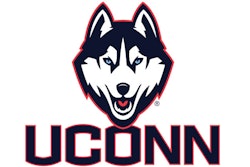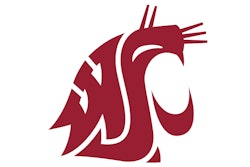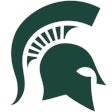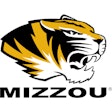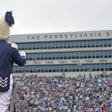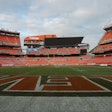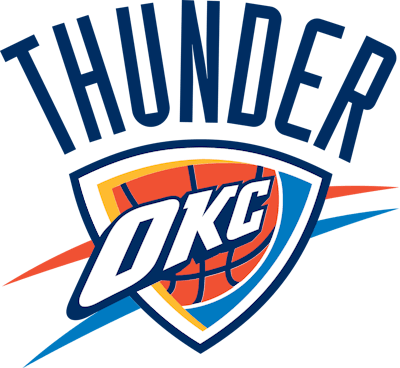
Oklahoma City voters on Tuesday approved a 1 percent sales tax for six years to help fund a new downtown arena that is expected to cost at least $900 million, keeping the NBA's Thunder in the city through at least 2050.
According to The Associated Press, the Oklahoma State Election Board reported that 71 percent of voters approved the plan.
The vote is an example of the connection between the team, fans and the community, NBA commissioner Adam Silver said in a statement.
"We are grateful to the people of Oklahoma City for the confidence they have shown in both the Thunder and the NBA as we embark on a new era of global sports and entertainment," Silver said.
The franchise — which used to be the Seattle SuperSonics — moved to Oklahoma City in 2008.
The Thunder's ownership group will contribute $50 million toward construction of the new arena. The deal also calls for $70 million in funding from a sales tax approved by voters in 2019 for upgrades to the existing Paycom arena.
The proposal was strongly endorsed by Oklahoma City mayor David Holt and officials from the Greater Oklahoma City Chamber of Commerce, who argued that keeping the Thunder is an integral part of the city's growth and economic development.
"We told the nation, we told the world, that Oklahoma City is and shall remain a Big League City," Holt said in a written statement following the vote.
The sales tax will begin April 1, 2028, when the current sales tax ends, so the city's sales tax rate will remain unchanged. An exact location for the new arena hasn't been determined, but the deal calls for it to open in time for the 2029-30 NBA season.
The group Oklahoma Progress Now, which opposed the proposal, said the outcome "though not what we hoped for, reflects the democratic voice of Oklahoma City."
Council members Nikki Nice and JoBeth Hamon opposed both the proposed sales tax and the letter of intent with the Thunder owners.
"This deal was negotiated from a position of fear and scarcity, which benefits those who are wealthy, while the benefits never trickle down to regular folks," Hamon wrote on social media.
A group of more than 25 local economists also urged a "no" vote on the arena, arguing that it came without price caps and would not have a meaningful impact on economic growth.



















